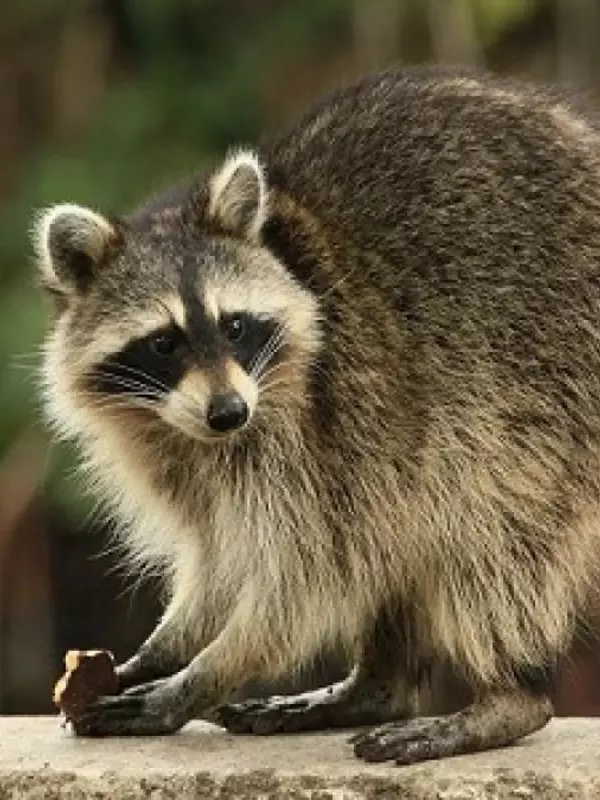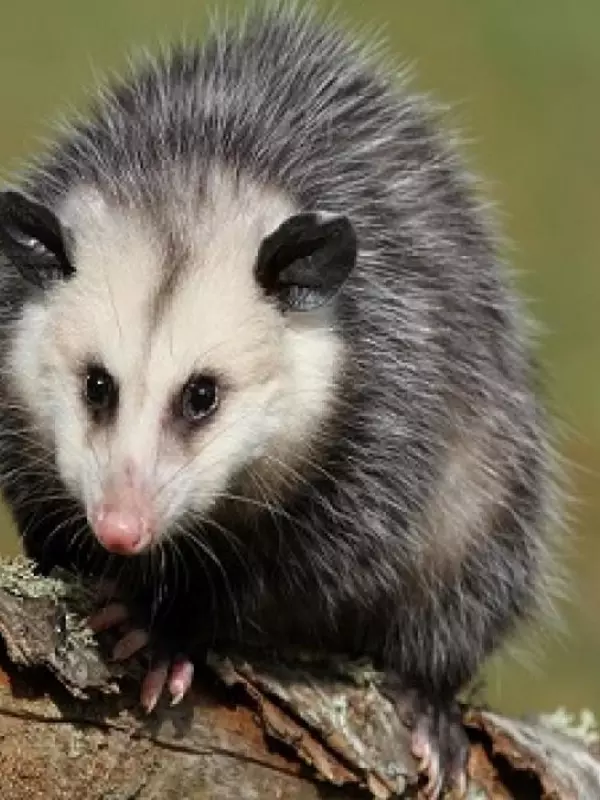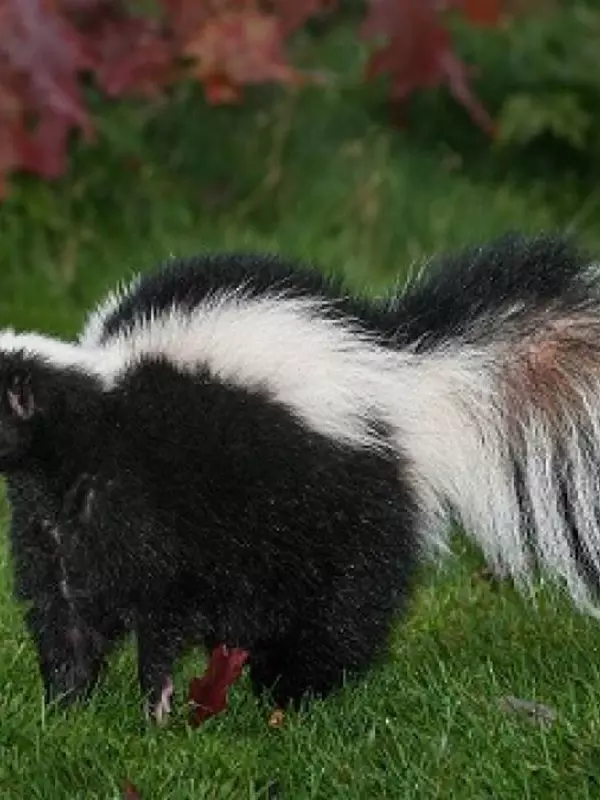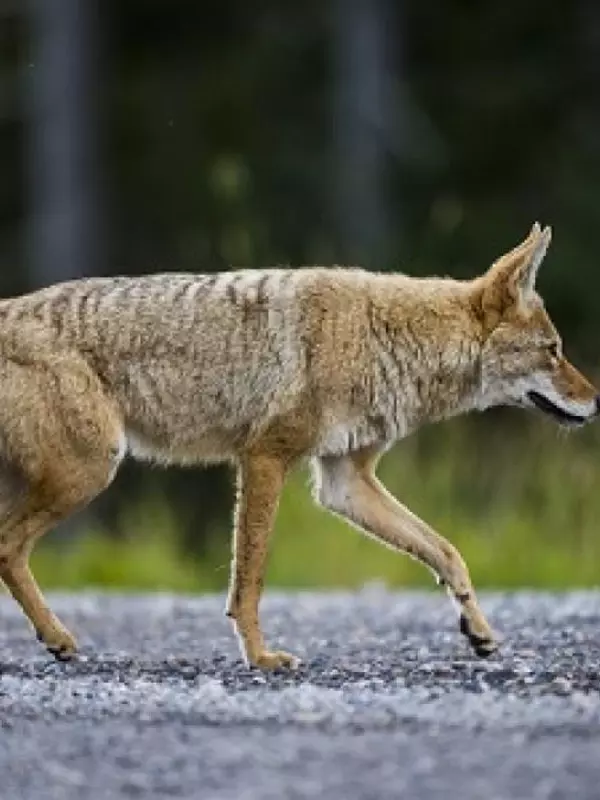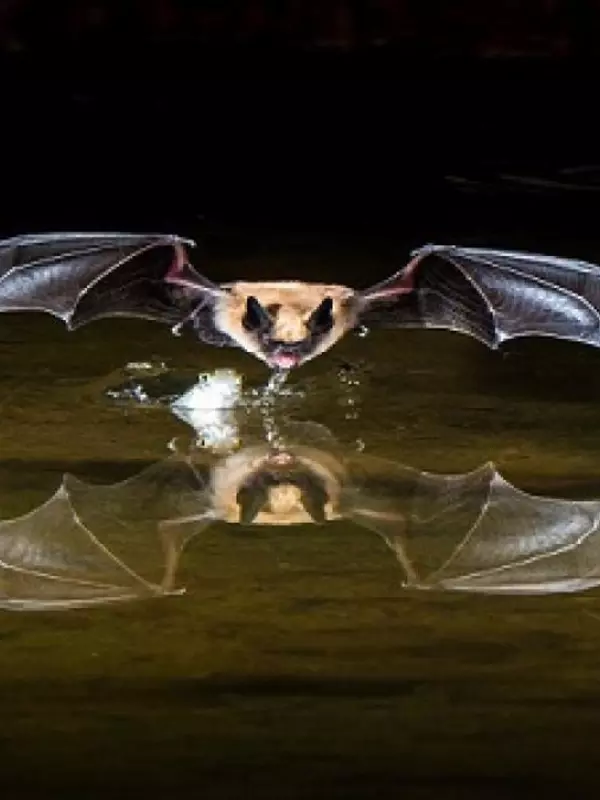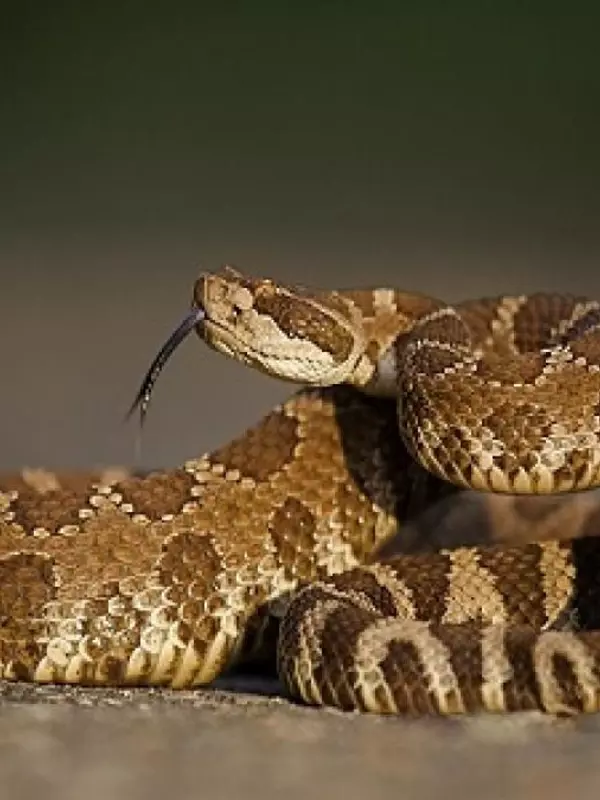Environmental changes and continued urban growth in Santa Clara County have resulted in an increase in interaction between residents and wildlife. While fascinating in their natural environment, urbanized wildlife have changed their behavior becoming less fearful of humans and in some cases aggressive or defensive. This behavior change increases the chances of interaction with humans and pets, raising the potential for property damage and health threats.
If urban wildlife becomes a problem by causing property damages or becoming aggressive, you can request a free home inspection. We may be able to help with the wildlife problem through educational information on prevention recommendations. Our purpose is not to compete with or to replace commercial pest control or wildlife management companies. Rather we provide appropriate assistance and service to property owners that can complement the work done by private sector businesses and/or the California Department of Fish and Wildlife.
Homeowners requesting assistance will receive a home inspection and consultation. This policy was designed to strike a balance between protecting native wildlife, and the population of humans and domestic animals.
Please note we do not do any of the following
- Clean up after wildlife
- Enter inside property, crawl spaces, or attics
- Climb on roofs
- Offer repair services
- Trap or relocate any animals
- Animals trapped by home/property owners:
- California Fish and Wildlife codes make it the responsibility of the home/property owner, or their agent, to check traps and remove animals daily. If you are in doubt about doing this yourself, you may contact the California Fish and Wildlife or a wildlife trapper of your choice.
- If you should decide to trap animals yourself, please call the California Department of Fish and Wildlife for current information regarding trapping.
- You may also contact your local animal shelter to receive information on their current policy regarding receipt of trapped wildlife.
- Respond to calls regarding injured or sick wildlife
- Respond to domestic animal situation, such as dogs, cats, livestock, etc.
- Pick up dead animals (except for bats and certain birds)
- Respond to emergency or hazardous situations
You can request a free home inspection and consultation for issues with
- Coyotes
- Opossums
- Raccoons
- Snakes
- Skunks
- Bats
Our trained technicians will inspect the exterior of your property and do the following
- Look for possible entry points.
- Identify what might be attracting wildlife to your property.
- Provide consultation and advice on how to:
- Do the repairs to keep wildlife out of your property.
- Reduce availability of food, water, and shelter.
REQUEST A WILDLIFE INSPECTION
